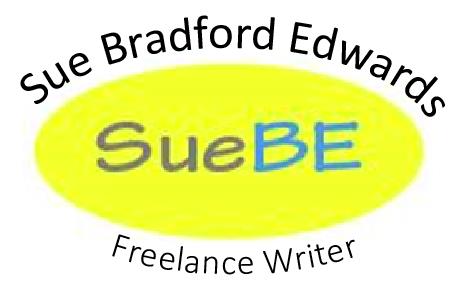Starting this summer (June 7, 2021), I will be teaching a new WOW! Women on Writing Class – Learn to Pitch, Query, and Submit Your Work. So many writers work to perfect their craft and then hesitate to send out their work. Why? Because it is so intimidating! We often feel like this is our one and only chance to make a good impression. Fail and all is lost.
Or so we think. Getting our work in front of publishing professionals and/or potential readers is a must. But it isn’t a highwire act. It is business correspondence. Students who take this course will learn to:
- Find markets that are a good fit for their work. A big part of this is recognizing that some markets may be a better fit for your publishing goals than others.
- Pitch ideas using both elevator pitches and Twitter pitches.
- Write a one-page query letter. Often this is done to introduce an editor or agent to a particular book. But nonfiction articles are often pitched unwritten through query letters.
- Bounce back from rejection. I’d love to say that you are never going to face a rejection letter but that just would not be true. Rejections are a part of the writing process thus so it learning to deal with the ones that hit us hard.
I am still pulling together my course material. What do you think I should make sure my students know? My other WOW! Women on Writing Classes are Research: Prepping to Write Nonfiction for Children and Young Adults (click through here) and Writing Nonficiton for Children and Young Adults (click through here). You can sign up for them at any time. They run starting near the beginning of each month.
Don’t forget to let me know what I should include in my new course!
–SueBE


 At the moment, a lot of us find ourself working from home and having to meet all new challenges. This means lots of time at our desks or dining room tables, challenging our bandwidth. Given the fact that I’m currently writing about the coronavirus, I’m happy to be doing my research from a distance even if doing your research online can be tricky. Here are three things to keep in mind when you do a Google search.
At the moment, a lot of us find ourself working from home and having to meet all new challenges. This means lots of time at our desks or dining room tables, challenging our bandwidth. Given the fact that I’m currently writing about the coronavirus, I’m happy to be doing my research from a distance even if doing your research online can be tricky. Here are three things to keep in mind when you do a Google search. am putting together a class on the research you need to do before you start a new nonfiction writing project. For many new writers, one of the trickiest parts of writing nonfiction is getting the research done. It can seem overwhelming if it is something you have never done before.
am putting together a class on the research you need to do before you start a new nonfiction writing project. For many new writers, one of the trickiest parts of writing nonfiction is getting the research done. It can seem overwhelming if it is something you have never done before.